Homeownership is filled with ups and downs. Whether your home is brand-new or gracefully entering its older years, there are maintenance and repair challenges every homeowner may face. One of those is a leaking water heater.
What’s the big deal about a leaking water heater?
The average American household consumes 64 gallons of water each day. To heat the water used for showers, washing dishes and washing clothes, that same family will spend between $400 and $600 each year. Overall, a water heater and its contribution to the household is the second-largest household expense.
If your water heater isn’t functioning properly, those costs can increase. But there’s more to it than simple dollars and cents. The truth is, besides the financial burden of a leaky water heater, even what seems like a small leak can cause significant damage to your home and even your health.
While we hope that you never have to deal with a leaking water heater, it’s important to understand what this means and how to address the problem in a safe and time-sensitive manner.
Noticing Water Heater Leaks
Water heater leaks are typically detected when you find moisture on or near the unit. Most of the time, this will be a small puddle. In some cases, especially if a small leak has gone undetected or unaddressed, you may experience much more water issuing from a leak. In this case, turn off the water and electricity — if this can be done safely — and immediately call a professional to diagnose and repair the problem.
If the amount of water you find on or near your water heater is small, there’s no need to panic. Water heater leaks are more common than you might realize, especially if your unit is older. However, that doesn’t mean you should ignore the problem. If left unaddressed, a small leak can grow and cause more serious problems.
Besides being a sign that your water heater isn’t operating efficiently, standing water from a leak can damage your flooring and, if left long enough, can cause mold growth. Since certain molds are dangerous to human health, it’s never a good idea to leave moisture of any kind unaddressed inside your home.
Wondering what to do if your water heater is leaking?
If you notice water on or near the water heater, the first thing to do is determine where the water is coming from and what has caused the leak. This can be done by following these five easy steps:
1. Look Around
If there’s water on or near your water heater, it’s natural to assume the unit is leaking. But that’s not always the case. Don’t assume that just because your water heater is wet that it’s the primary source of the water until other options have been ruled out.
Take a few minutes to look at what other items are in close proximity to the water heater. Are there pipes overhead that carry water to other parts of the house? Has water from a recent rainstorm found its way inside through a crack under a door?
2. Clean Up the Mess
Before you can diagnose any problems with the water heater, you first need to clean up the mess the leak has created. By cleaning up the water you found, you can get a better view of the water heater and its fittings to hunt for the potential source of the leak.
Once everything is dry, you can also place a small bucket or several sheets of dry paper towels over the area to collect fresh water. Besides preventing another mess, this allows you to monitor the leak to see if it continues and how quickly it’s releasing water. In the beginning, check the area for the appearance of water every couple of hours. If the leak seems to be slower than that, you can cut back to checking once or twice a day.
3. Consider Condensation
Sometimes condensation can build up on equipment around the water heater, especially if it’s located in your basement or your area is experiencing a spell of damp weather. If there’s enough of a buildup, it may begin to pool on the floor near your water heater.
Take a look at other pipes and equipment in close proximity to the water heater to determine if they’re producing condensation. If this is the source of the water, clean up and continue to monitor as needed. In some cases, a change in the weather may resolve the problem. Or, you may want to consider purchasing a dehumidifier to reduce the amount of moisture that’s present.
4. Find the Source
If you’ve ruled out all other sources of water, or you can clearly see water coming from your water heater, you should immediately cut off the power supply to your water heater to prevent the dangerous mixture of water and electricity. If you have an electric water heater, this can be done by flipping the corresponding switch on your circuit breaker panel. If you have a gas-powered water heater, there will be an ON/OFF switch near the bottom of the tank. In order to stay safe, always make sure that you are dry before doing this.
Once you’ve cut off the power supply, start at the top and work your way down the unit looking for the place the water is coming from. Leaks can come from a variety of places on and around the water heater, but the most common are the T&P relief valve, inlet and outlet connections, the internal tank and the drain valve. Methodically check each of these to rule out or confirm their role in the leak.
It’s not unheard of to have a water heater leaking from the top. Don’t overlook this area in your inspection!
If the leak is producing significant amounts of water, you may want to shut off the water supply to the water heater. Use the cold-water shutoff valve located near the water heater to turn off the water supply and stop the leak temporarily. If you can’t safely get to the valve near the heater, then it’s best to turn off the house’s main water shut-off valve. If you have to do this, remember that you won’t have water in other areas of your home until the main shut-off valve is turned on again.
5. Call a Professional
Investigating the source of a leak and narrowing down its cause can be helpful in understanding what’s happening. It can also help you as you schedule a professional to come out and provide repair services for your water heater. But when it comes to leaks, it’s best to leave the repair or replacement of water heaters to a professional. They can properly diagnose the problem and provide you with appropriate and safe solutions.
Steps to Combat Water Heater Leaks
You can’t always prevent a leak from occurring, but there are ways to prevent a small problem from evolving into a big problem.
1. Regularly Inspect Your Water Heater
Make a habit of checking on your water heater as a part of your regular home maintenance routine. If you’ve noticed water near your water heater in the past or your unit is more than 10 years old, it’s even more important to regularly inspect your unit for signs of moisture.
If you do notice a small leak or puddle near your water heater, promptly finding the source of the problem and having it evaluated by a professional can protect your water heater and your home from bigger problems down the road.
2. Install a Leak Detector
Even regular checks won’t guarantee you’ll catch a leak as soon as it happens. That’s where a leak detector comes in. Installing a leak detector on the floor near your water heater means you’ll be alerted by noise if it detects water nearby. Some models can even be synced to Wi-Fi so that you receive notifications on your tablet or smartphone if a leak occurs.
We don’t necessarily recommend this as the first line of defense if your water heater is relatively new and hasn’t had any problems. But if you’ve had leaks recently or your unit is reaching the end of its lifespan, this option can provide protection and peace of mind should a leak occur.
3. Replace the Water Heater
In some cases, a leak may be a sign that an older water heater has reached the end of its life. As a water heater ages, sediment can settle into the bottom of the tank, which often leads to rust. When the bottom begins to rust away, leaks can occur. If this is the cause of your leak, then the time to purchase a new water heater has come.
Getting a New Water Heater
If it’s time for a new water heater, the first thing to do is find a reliable and professional company that can walk you through the purchasing and installation process. But it’s also a good idea to understand what to look for in a new water heater.
1. What Size Do I Need?
Water heaters come in a variety of sizes because different homes have different needs. You can consult your old water heater as a starting point for the size you’ll want in a new unit, but it’s possible the old one wasn’t sized correctly.
When you purchase a new water heater and hire a company to install it, they can advise you on the proper size based on the size of your home and your family’s needs.
2. What Energy Source Will I Use?
The fuel source you have available to power a new water heater — electricity, natural gas, etc. — will also factor into what size unit you’ll need. It will also impact the energy efficiency of your new water heater. This, in turn, directly impacts your annual energy costs.
3. Is It Energy-Efficient?
Once you determine the size you need and what kind of energy source it will use, it’s time to consider the energy efficiency of the available models. Energy efficiency ratings can give you an idea of how efficient the unit is and what kind of savings you can expect with a new water heater. Energy efficiency ratings vary, but we recommend choosing the most efficient unit you can afford.
4. What Is My Budget?
The size and energy efficiency of water heaters can vary and so does their price. A water heater is an expensive investment, but it’s important to choose one that’s within the parameters of your budget as well. After all, the most energy-efficient model won’t do you any good if you can’t afford to pay for it. Determine your budget and then select the best model within that budget. You can also inquire about financing options offered by the company you choose to complete the installation.
Although upfront costs are an important consideration, it’s also a good idea to think about long-term costs and savings as well. Some units cost more upfront but their high energy efficiency ratings will save you more money down the road. That’s one of the big benefits of a good water heater. So, make sure to weigh both the short- and long-term costs when considering which unit to buy.
Benefits of Oasis Heating, A/C & Refrigeration
It’s important to be selective about the company you choose to repair or replace your water heater. This isn’t a time to select the guy with the cheapest rates. However, when a leaking water heater emergency occurs, you don’t have the luxury of doing weeks of research into the best company for the job. That’s why we want to make it easy for you.
When you choose Oasis Heating, A/C & Refrigeration to repair or replace your water heater, you can expect:
1. Personalized Attention
Our owner doesn’t just sit in a corporate office somewhere — he makes a point to be in the field overseeing installations. He knows his name and reputation are on the line each and every time and he takes that very seriously.
2. Quick Response
Life doesn’t happen between 9 and 5. Neither do leaks. When life happens, Oasis Heating, A/C & Refrigeration offers 24/7 emergency service. You’ll always receive a warm greeting and a compassionate representative on the other end, ready to help you address the problem in a timely and professional manner.
3. Premier Status Through Lennox Industries
This distinction only belongs to a handful of companies in the Washington, D.C., area. But what does it mean? It means that our company has been — and continues to be — monitored by a third-party monitoring service. Their job is to ensure that our customer satisfaction rating meets and maintains its high standards of excellence.
This third-party oversight means you’re getting truthful and professional service each and every time. We don’t inflate our online ratings and we don’t make up fake accolades. You know you’re getting the real deal each and every time.
4. Friendly Service
We don’t expect you to be a water heater expert — that’s why you called us! Our technicians strive to communicate with you without using industry jargon or talking about technical things you don’t understand. We’ll explain the problem simply and quickly, giving you all the information you need to make an informed decision about how to repair or replace your water heater.
Contact Oasis Today
Oasis Heating, A/C & Refrigeration has been serving Northern Virginia with friendly and professional service for more than 20 years. We aren’t the biggest company out there, but our size allows us to be hands-on with each job, providing you with the time and attention your water heater deserves. If you’re in need of a water heater repair or replacement, don’t wait! Make an appointment today.


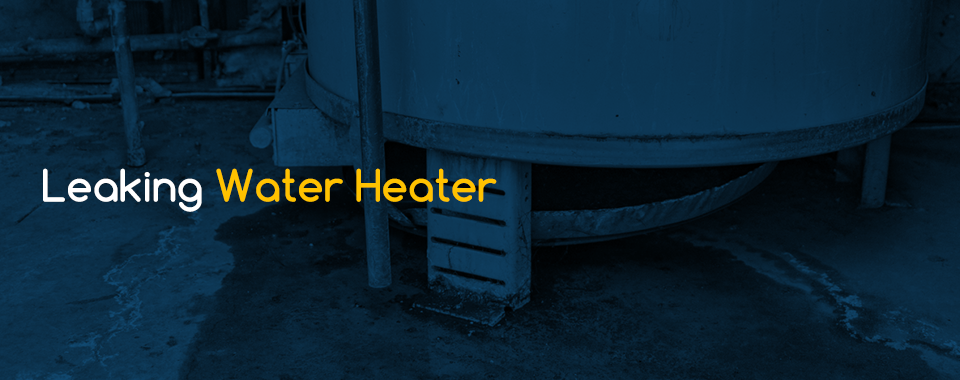
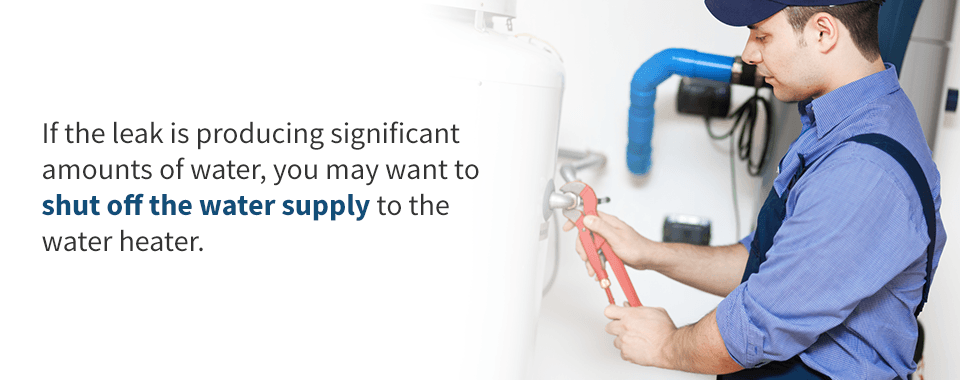
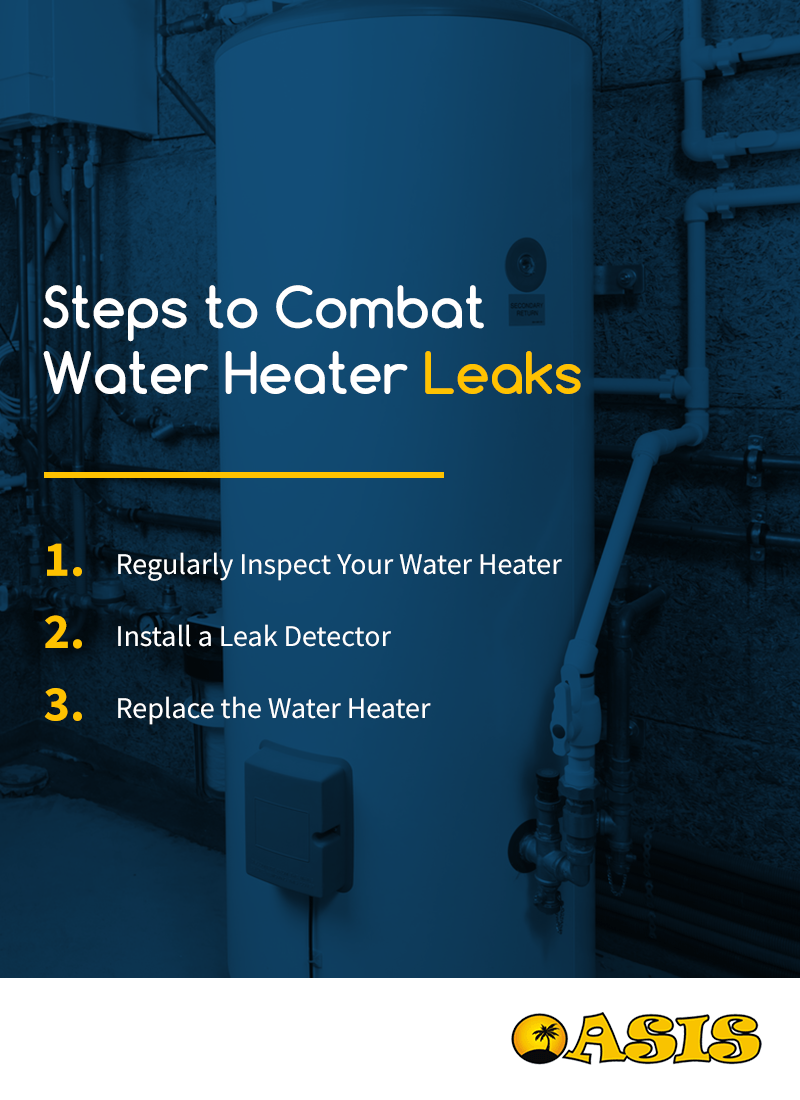
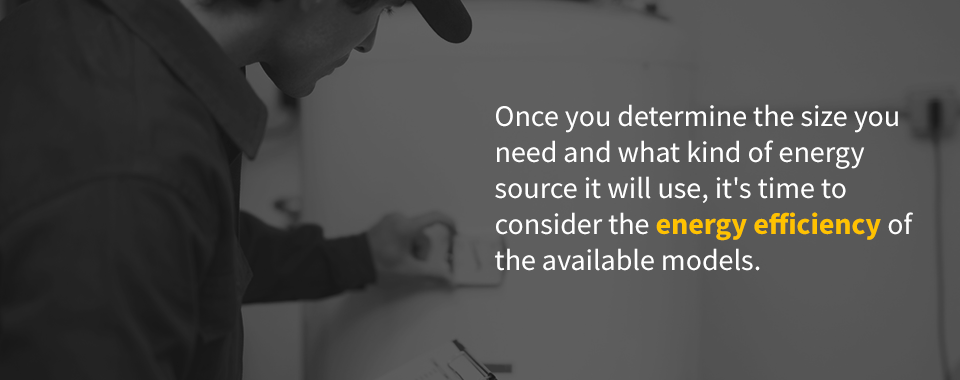
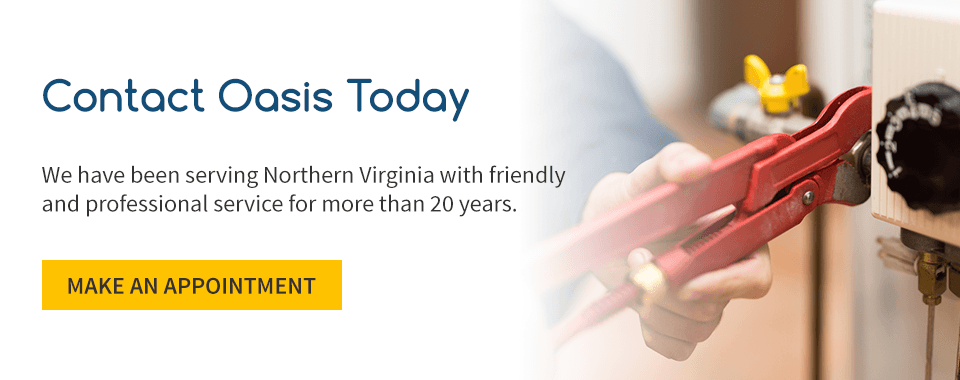
![([site_name)]](/assets/templates/main/images/footer-logo.png)



